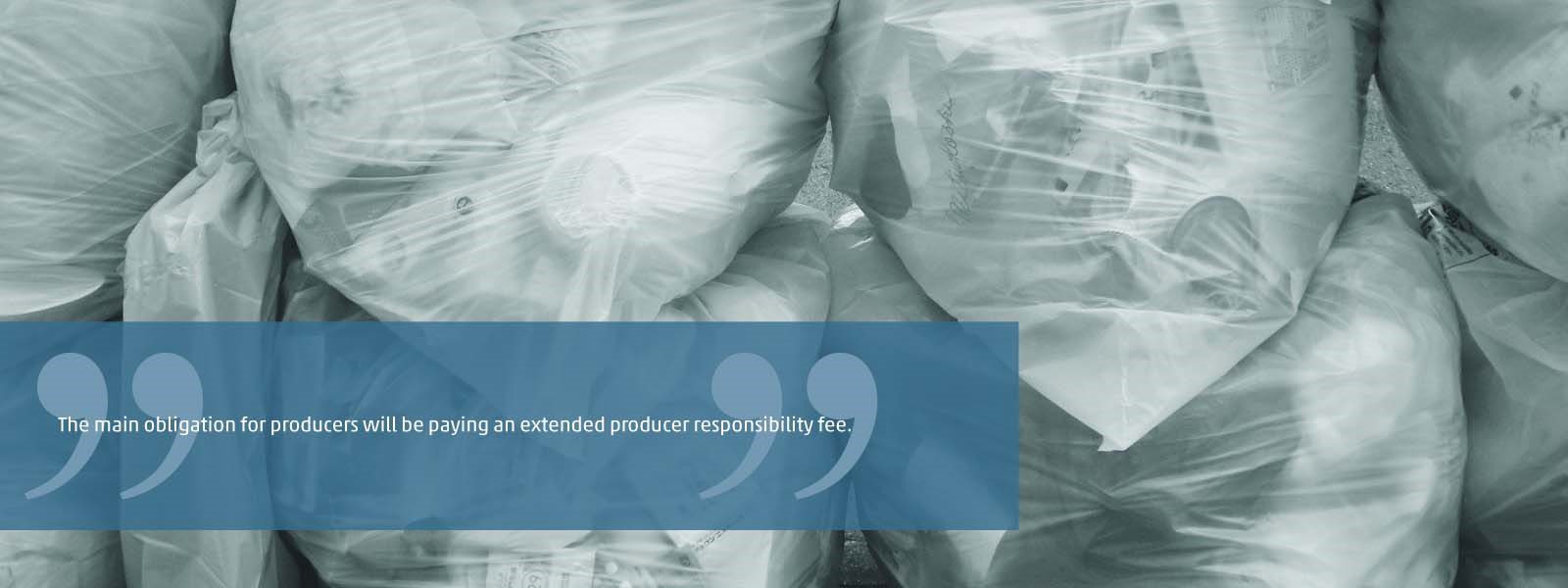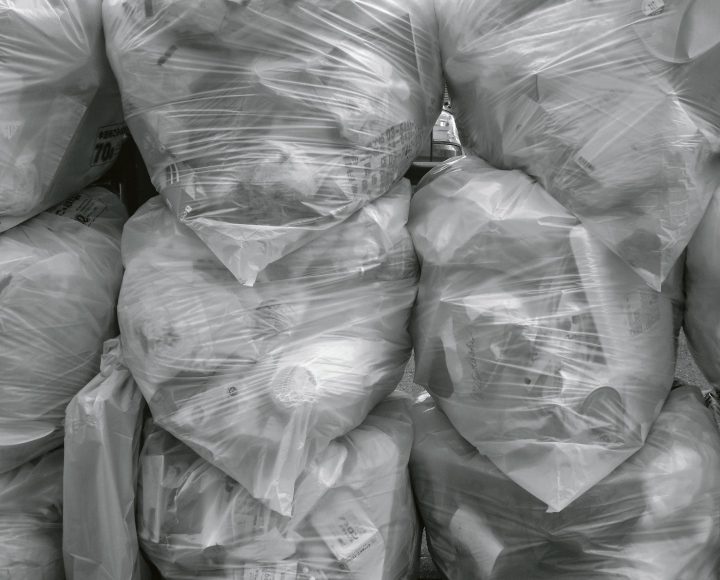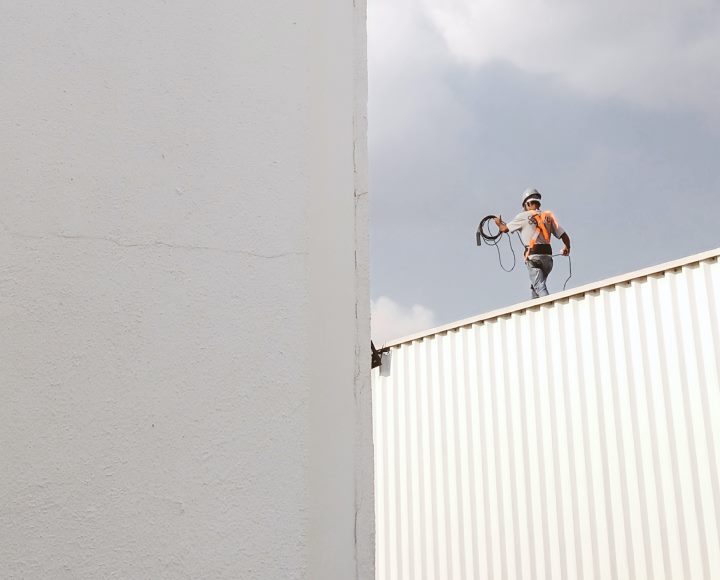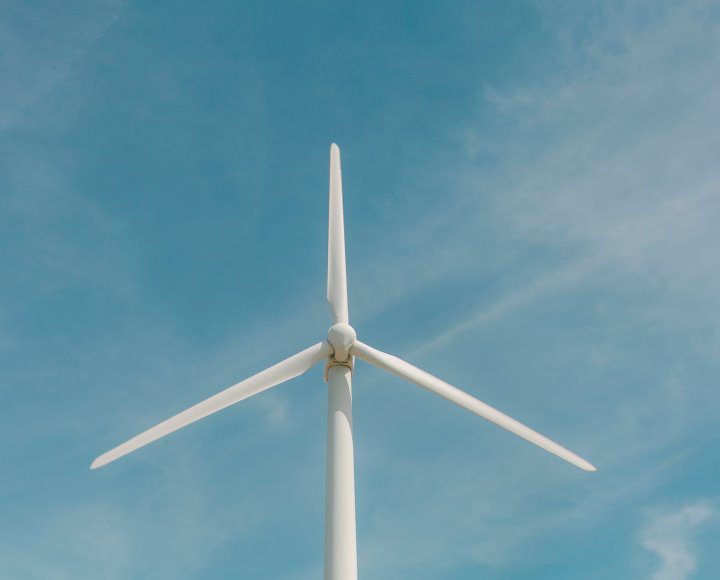After months of waiting, Government Decree 80/2023 on the detailed rules of the extended producer responsibility scheme (EPR) was issued on 14 March in Hungary. The extended producer responsibility scheme bears many similarities with the product fee regulation, and affects a wide range of businesses. And although it only comes into force on 1 July 2023, those affected cannot rest on their laurels until then because the legislation already sets out tasks to be completed in April and May. Below we seek answers to what these tasks are, and what other obligations the businesses concerned will have to face.
What does the extended producer responsibility scheme mean?
Introducing the extended producer responsibility scheme in Hungary became necessary to meet EU waste management targets and to comply with EU directives. The scheme aims to help Hungary switch as quickly as possible to a circular economy, where fewer products become waste and as much of the generated waste as possible is recycled as raw materials. The scheme places producers at the heart of the system, by making them financially responsible for waste management throughout the life cycle of the product. Consequently, the main obligation for producers will be paying an extended producer responsibility fee.
Which businesses qualify as producers?
In the case of products manufactured in Hungary, the producer is the manufacturer of the product. If the product is not manufactured in Hungary, the producer is the company that first places the product on the market in Hungary as part of its business activity.
What activities give rise to a liability for the producer?
The extended producer responsibility fee obligation essentially arises when the circular product is placed on the market by the producer. For the purposes of the extended producer responsibility scheme, it is important that placing on the market means the first transfer of ownership of a circular product in Hungary, free of charge or for consideration, or its transfer from abroad to Hungarian households or other users as part of an electronic commercial service (distance selling). In addition, use for own purposes is deemed to be placing on the market, as well as the removal of the product from a VAT warehouse or from a product fee warehouse to the territory of Hungary.
Which products are covered by the extended producer responsibility scheme?
Producers as defined above are only covered by the extended producer responsibility scheme if they carry out the activities defined above with one of the following product ranges:
- packaging,
- single-use and other plastic products,
- electrical and electronic equipment,
- (re-chargeable) batteries,
- vehicles,
- tyres,
- office paper,
- advertisement paper,
- cooking oil and fat,
- textile products,
- wooden furniture.
Since each of the above product ranges represents a broad concept, for the sake of clarity, point 1 of Appendix 1 to the Government Decree gives a more precise definition of which products within the given product range are covered by the extended producer responsibility scheme. Certain product ranges can be identified with the help of a customs tariff heading.
Obligations
Before going into the obligations in more detail, it is important to clarify that the producer responsibility obligation can be fulfilled in two ways: collectively or individually. When this is done collectively, a significant part of the producer’s waste management tasks (such as waste reception, collection, transportation, pre-treatment, trading, etc.) is performed by the concession company (MOHU MOL Hulladékgazdálkodási Zrt.) and its subcontractors. With individual fulfilment, these tasks are left to the producer.
Registration and contracting obligation
From 1 April 2023, companies subject to the obligation and opting for collective fulfilment after the government decree enters into force have to register on the electronic platform operated by the concession company. Those fulfilling their obligations individually must conclude a concession contract with the concession company that includes specific content.
Registration
Companies subject to the decree must register with the Hungarian waste management authority. This registration should normally be applied for before starting the activity with the circular product. Businesses that become subject to the government decree when it enters into force (from 1 April) have to submit their registration application to the authority by 31 May 2023.
Documentation and reporting obligations
The obligated parties must keep records with the data specified in the legislation from 1 July 2023, and must report data to the national waste management authority based on these records on a quarterly basis by the 20th day of the month following the given quarter (for the first time by 20 October 2023).
Fee payment obligation
The obligated companies must pay an extended producer responsibility fee to the concession company quarterly based on an invoice issued by the concession company. The extended producer responsibility fees applicable to certain product ranges will be determined by a separate ministerial decree. It is important to note that the extended producer responsibility fee payable can be deducted from the environmental product fee. Accordingly, the method for calculating the environmental product fee is also being amended in the product fee law, with effect from 1 July.
Inclusion of specific text on invoices
Invoice clauses familiar from the environmental product fee regulations are part of the extended producer responsibility scheme too. However, unlike the product fee system, the invoice clauses set out in the extended producer responsibility scheme not only have to be indicated in defined cases, but on all invoices issued on the placing of circular products on the market, or on other documents that verify such placing on the market. Text that is generally used: “The seller is liable for paying the extended producer responsibility fee.” The compulsory text changes in the event of a buyer’s statement and agreement to pay the fee.
Exemption from obligations
In the case of vehicles, producers can take on the extended producer responsibility obligation from the manufacturer of a circular product that is a vehicle accessory or component, such as electrical and electronic equipment, (re-chargeable) batteries and tyres. This requires a contract between the parties for the assumption of the fee.
Another case of exemption concerns the producer’s fee-payment obligation. Under the legislation, the given producer does not have to pay the extended producer responsibility fee if its customer declares and verifies that at least 60% of the purchased circular product is delivered abroad, either separately or incorporated into another product.
Legal consequences
If the obligations are not met, or met but not in line with the legal requirements, the national waste management authority is entitled to impose a waste management fine, ranging from a few thousand Hungarian forints to millions of forints. In addition, in certain cases the authority can even suspend the placing on the market of the circular product by the parties concerned.
As the extended producer responsibility scheme and the obligations it imposes affect a wide range of businesses (it suffices to think just of the businesses creating packaging that are also deemed producers and thus subject to the scheme), it might be advisable for all companies to assess as soon as possible whether or not their activity and their products will make them affected. If you need specialist help with this do not hesitate to contact us.











